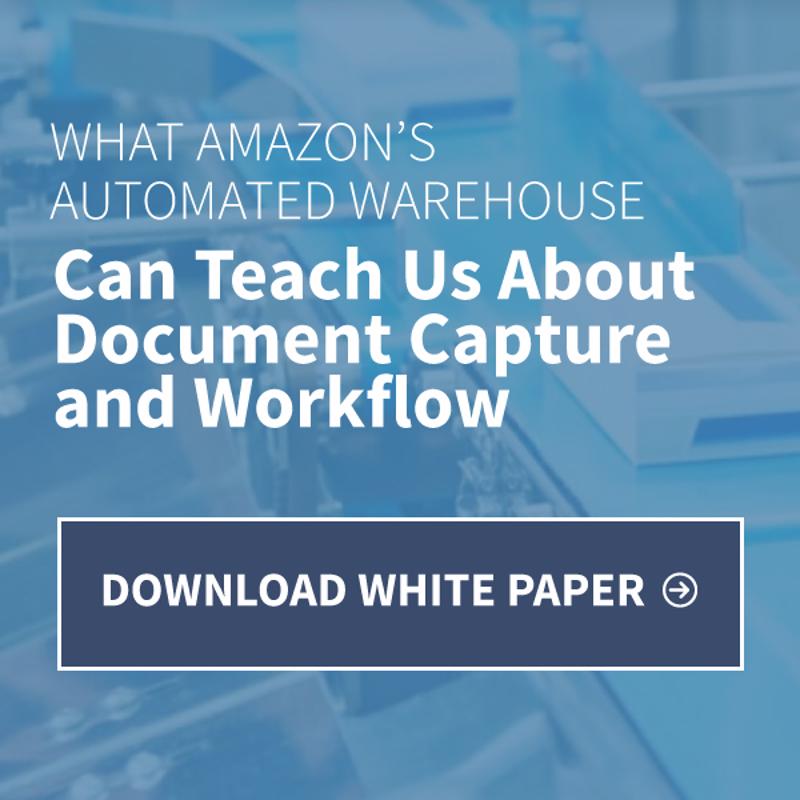
For law firms, document management is about more than recordkeeping
When it comes to electronic recordkeeping, many law firms have started moving toward cloud-based document management systems to help better manage their case records and other critical information. Traditional paperwork is not only less efficient, it's also more susceptible to everyday mistakes and criminal exploitation, which both come with a variety of client-privilege issues. To help prevent costly liability suits, lawyers are finally embracing the transformative impact of modern recordkeeping solutions, but choosing the right platform is essential.
As pointed out by the American Bar Association, most document management software is specially designed with built-in organization systems and customizable access controls. These features allow lawyers and other administrative professionals to keep a close watch on sensitive information, streamline case research and maintain tight security through internal auditing. Of course, document-sharing capabilities are also essential, as clients, co-counsels and court officials must be kept in the loop as litigation moves through the court system.
Meeting your exact needs
Ultimately, the best document management software is the one that aligns with your specific needs. For example, law firms that rely on software to convert physical documents into a digital format will want to prioritize record scanning and document capture capabilities. It's also important to select a platform that allows users to create searchable, indexed PDFs with customizable tagging systems.
Optimizing your workflows
Without a unified document management solution in place, many law firms end up saving critical files to multiple systems and hard drives. This does not only increase the risks of data theft, it also introduces unnecessary inefficiencies into their workflows. Navigating a range of siloed file directories can be a massive time sink, with the information workers spending around 20% of their time looking for documents, according to a report from the McKinsey Global Institute. While a robust document management platform might not resolve every issue overnight, it can help law offices create a more productive and centralized record keeping system moving forward.

